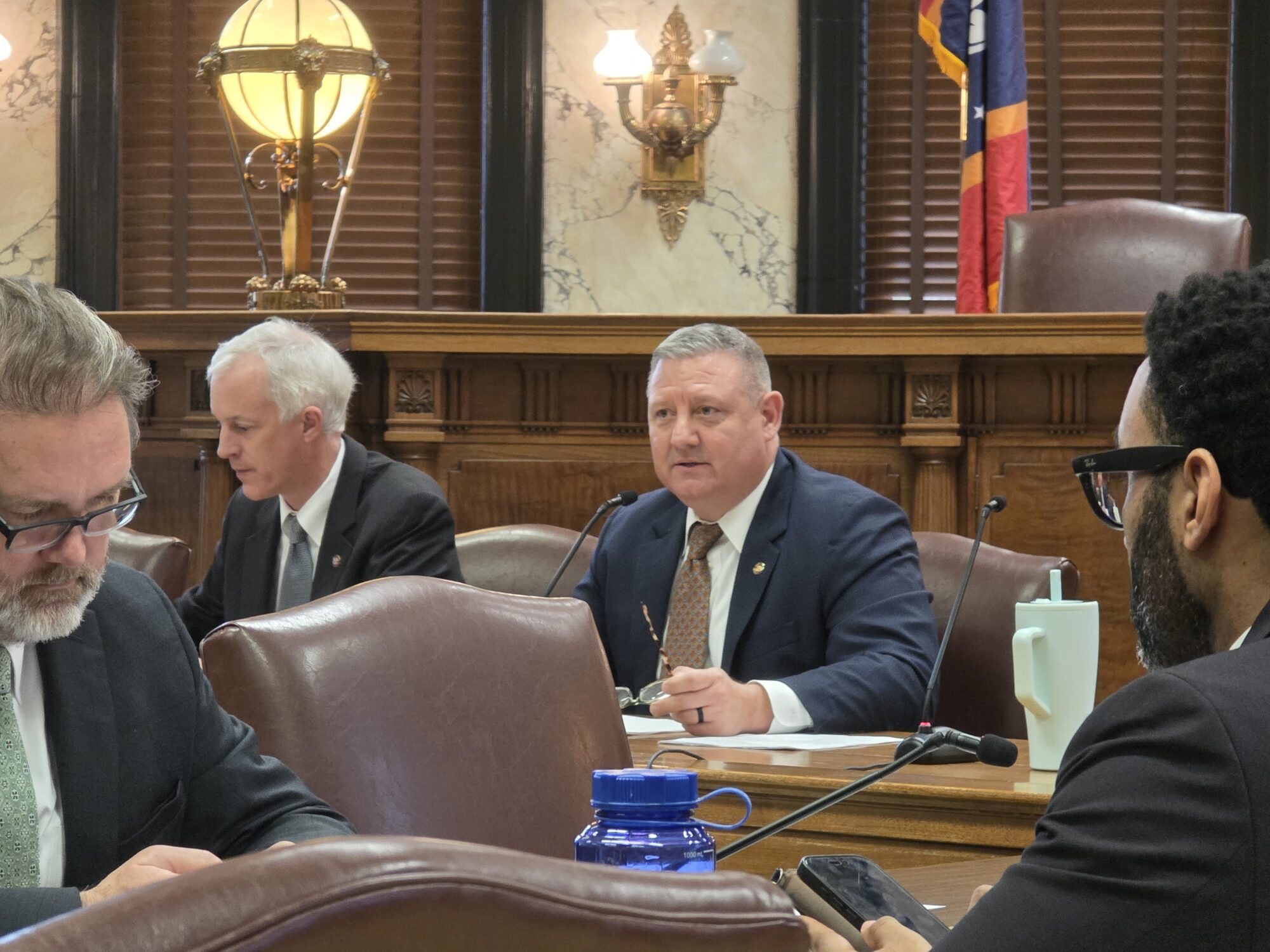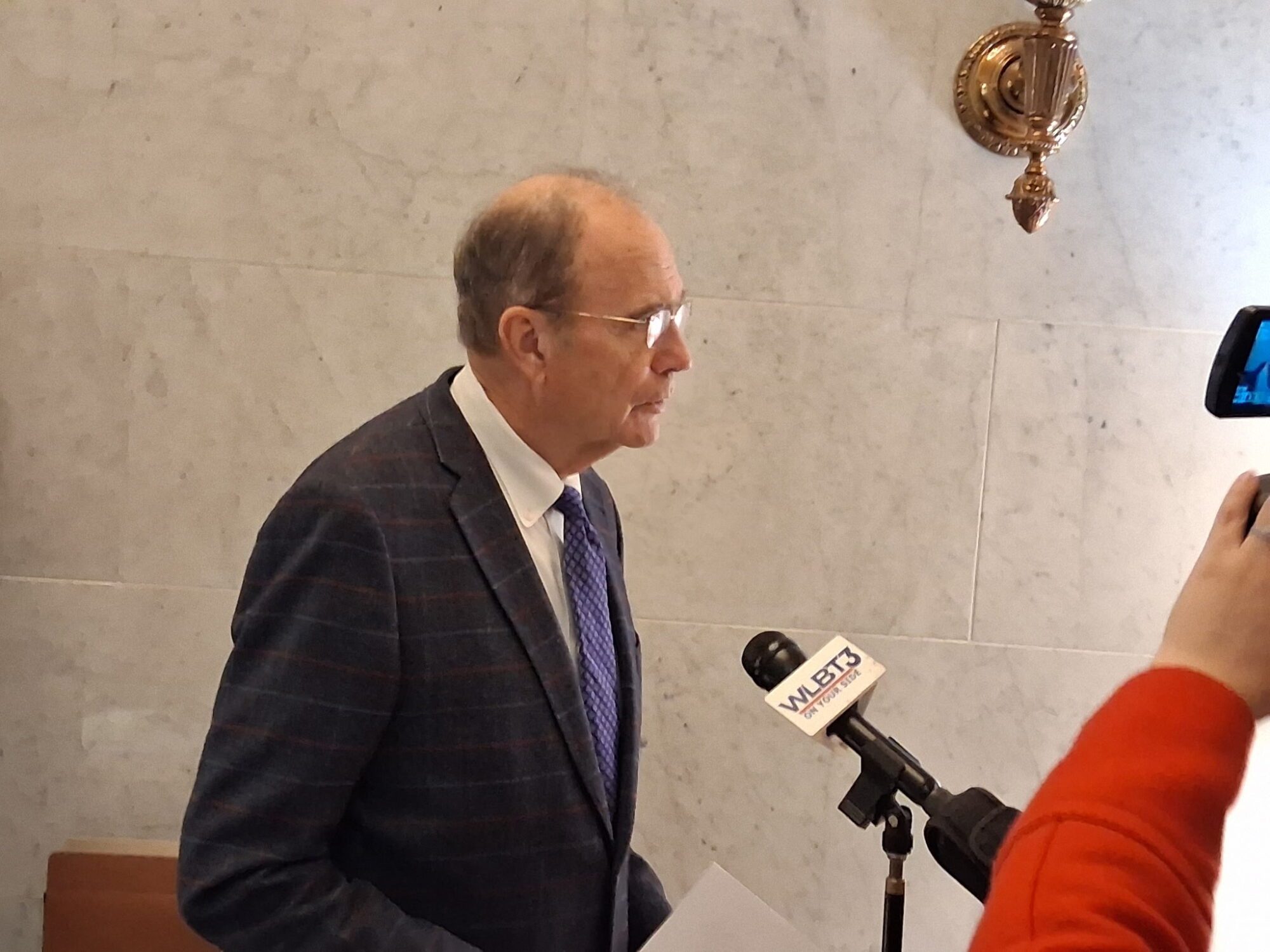
When asked at a press conference on Tuesday whether he believed there was a personal conflict with his office investigating and if he should recuse himself, there was some hesitancy in Jim Hood’s answer.
That question was put into motion by a Clarion Ledger article that ran over the weekend which explored other options to get to the truth of what happened on the Rankin County road project. Now questions are arising as to what Hood’s role should be as he may well have a personal and political interest in the outcome of the investigation he’s putting into motion.
This all started when Attorney General Jim Hood sent a letter to the Lt. Governor Tate Reeves shortly after confusion over the origin of the “the road project” with MDOT began.
The letter began with the AG stating his office’s intent to investigate claims that have come out regarding the project.
“As Attorney General of the State of Mississippi, our office is investigating and evaluating all potential claims the State may have arising out of the recently-reported $2 million “frontage road” project that would connect the Oakbridge and Dogwood subdivisions with Dogwood Festival Boulevard and its shopping centers (“the road project”). The purpose of this investigation is to determine whether there exist any violations of Mississippi law. One of the many potential outcomes of the ongoing investigation could be civil litigation or other legal proceedings arising under state law.”
Jim Hood Letter to Tate Reeves by yallpolitics on Scribd
 Now, legislators have started to openly question what role the AG actually has in this case and if it is within his job description to look into matters of legislation while potentially serving as the prosecuting agent as well.
Now, legislators have started to openly question what role the AG actually has in this case and if it is within his job description to look into matters of legislation while potentially serving as the prosecuting agent as well.
Senator Brice Wiggins wrote a response letter to Hood on his own behalf in response to the one he received.
Wiggins Letter by yallpolitics on Scribd
Wiggins claims all the AG’s letter to him does is place him “on notice” even though he has “no control, authority, or access over Mississippi Senate electronic communications.” He also said the letter has no legal authority, and would not in fact hold up in a courtroom setting if it had to.
Since the letter was sent to only leadership of the Senate and individual Senators, which Wiggins says points to a political nature in the correspondence, he reminds the Attorney General that for “any investigation to be valid, the prosecutor and the investigating agency must be above reproach and arguably separate.”
That observation continues to invite the question, does the Attorney General have a personal stake in this investigation, and if so, at a minimum shouldn’t the investigating agency and the prosecuting agency be different?
The other issue that will play out in the coming weeks is what actual authority the Attorney General has to compel the turnover of documents from the legislature or legislators individually. However, it’s likely this will be played out as much in the political arena as it will in the legal arena.











